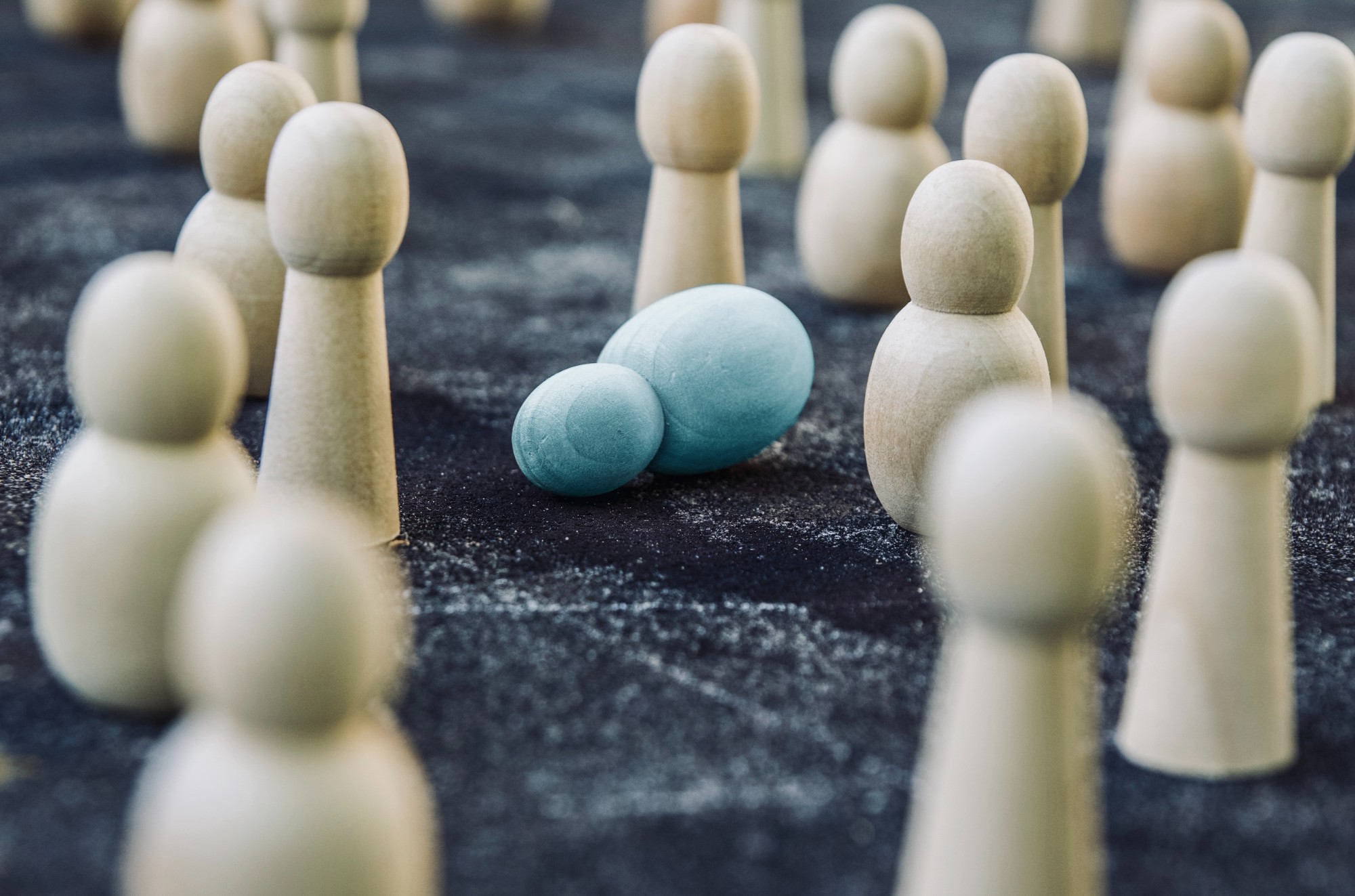If reading the title of this article sent your moral compass spinning, you’re not alone. You’re probably experiencing one of those pesky emotions that causes you to pass judgment and feel like you should do something about it. Moral emotions such as disgust, anger, compassion, guilt and shame are well established drivers of behavior. When it comes to conflict resolution behaviors, researchers believe that guilt and shame are key motivators. To better understand how this works in the context of intergroup conflict, researchers got to work examining the underlying mechanisms of group-based guilt and shame in four studies (Halperin et al., 2019).
The results of the first three studies indicated that people who believe groups are malleable and are able to change (as opposed to fixed and unchangeable) are more likely to experience group-based guilt. Why? The researchers assumed that since people who believe in group malleability also believe group behavior is the result of situational factors (as opposed to believing the group is immoral and will never change), they are more willing to accept responsibility for their part in the conflict and guilt is part of the package.
Shame was a bit of a different story. The experience of group-based shame wasn’t associated with what someone believed about the malleability of groups. Rather, it was associated with what they thought other people believed about the malleability of groups. As part of the fourth study, researchers were able to differentiate two types of shame, moral and image shame. Moral shame is concerned with the moral nature of a group’s actions. Image shame is concerned with how the group is perceived with regard to reputation. In this study, moral shame was predicted by how people thought others perceived their group. Image shame was predicted by an interaction between how people saw their own group and how they thought others perceived their group.
So what’s the big idea? These studies suggest that promoting the belief that groups are malleable will increase the likelihood that group members will experience group-based guilt and shame - and therefore will be more likely to take some responsibility for their conflict, as these emotions have been found to be associated with conflict resolution gestures like apologies and reparations. The studies also showed that both our beliefs about our own groups and our perceptions about what others believe about groups predict guilt and shame differently. In promoting malleability, trainers and facilitators should aim to address both beliefs.
APA citation:
Weiss-Klayman N, Hameiri B, Halperin E. Group-based guilt and shame in the context of intergroup conflict: The role of beliefs and meta-beliefs about group malleability. J Appl Soc Psychol. 2020;50:213–227. https://doi.org/10.1111/jasp.12651
